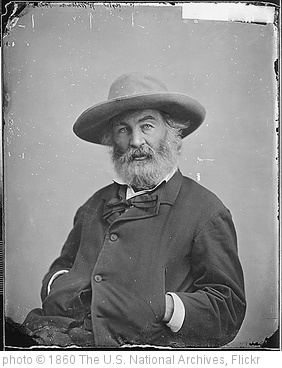Jamie Langston Turner is one of my “go-to” authors for Christian-themed fiction. So when I saw a copy of a novel by Ms. Turner that I hadn’t yet read while I was perusing the shelves at Half-Price Books, I bought it without a second thought. And I’m glad I did.
 No Dark Valley is a little more “religious” than some of Ms. Turner’s other novels, although all of them are about how ordinary people find redemption and strength through faith in Jesus. Nevertheless, just like the characters in her other books, the characters in No Dark Valley are real. I can imagine meeting these people, talking to them, understanding them. There are no pasteboard saints in this story, although Ms. Turner does indulge in a meta-fiction thread that runs through the novel about how Celia, the protagonist, imagines that her life and the people in it would never be believable as fiction:
No Dark Valley is a little more “religious” than some of Ms. Turner’s other novels, although all of them are about how ordinary people find redemption and strength through faith in Jesus. Nevertheless, just like the characters in her other books, the characters in No Dark Valley are real. I can imagine meeting these people, talking to them, understanding them. There are no pasteboard saints in this story, although Ms. Turner does indulge in a meta-fiction thread that runs through the novel about how Celia, the protagonist, imagines that her life and the people in it would never be believable as fiction:
“Another reason her life would make a bad novel, Celia had decided, was that the characters would seem so stereotyped. Nobody would believe that one person could have so many rigidly religious relatives, all stuck in the rut of such predictable, countrified ways of viewing life, all trekking to church several times a week, all so unaware that the twentieth century had come and gone. You could get by with one or two characters like that in a book, for quirky splashes of color, but not dozens and dozens of them. The whole thing would turn into a farce.”
Of course, the funny thing about No Dark Valley was that I found the characters to be quite plausible and true to life–my life in the South, in the Bible Belt. I’m not sure if Ms. Turner was actually worried that readers would find her Christian characters stereotypical and so wrote her concerns into the book, or if she was simply having fun with Celia and her own rigid ways of thinking. (Celia is a champion at projecting her own rigidity and prejudice onto her relatives and others.) Either way, Celia’s interior monologue, and later in the novel when the point of view switches to Celia’s neighbor, Bruce Healy, his thoughts, are both relatable and authentic.
No Dark Valley is both a romance story and a conversion story. Jamie Langston Turner’s prose is intelligent, vivid, and sometimes crosses over into the poetic. I really enjoy Ms. Turner’s novels. If they can be classified as “Christian chicklit”, it’s excellent, smart Christian chick lit.
Jamie Langston Turner’s other books:
Suncatchers
Some Wildflower in My Heart (1998)
By the Light of a Thousand Stars (1999)
A Garden to Keep (2001)
Winter Birds (2006)
Sometimes a Light Surprises (2009)
And if you like a series of novels with recurring and overlapping characters, Ms Turner’s novels, like those of another of my favorite writers, Madeleine L’Engle, have characters from one novel that reappear in later books. In No Dark Valley, Eldeen Rafferty from Suncatchers makes a (loud) appearance. Margaret Tuttle, from Some Wildflower in My Heart, is the friend of a friend. And Elizabeth Landis from A Garden to Keep becomes a friend and mentor to Celia as the two women play on a tennis team together.
And now I have to admit that Ms. Turner and I have a little bit of a mutual admiration society going here, and I am pleased to read that she has a new novel coming out in 2014.






